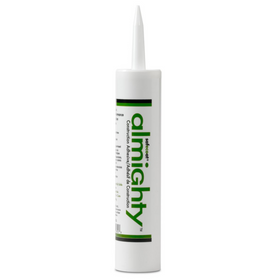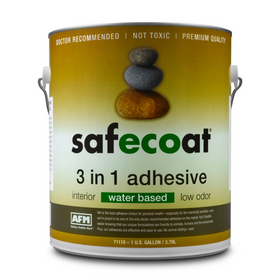
Virginia Round House Retreat
Last Updated: Apr 13, 2025When a Virginia couple decided to build a second home on the wooded property they'd purchased, they wanted to incorporate as many sustainable features as possible. They also thought they might want their cabin to be round instead of a traditional square. While searching out companies that design and construct round houses, they also found several online, including Mandala Homes, Armour Homes (which include a circular component), and Deltec Homes. The companies all have prefab or modular components, as well as multiple options for sustainable design, construction, finishes, and systems.
Table of Contents
- Benefits: Sustainable and Spiritual
- Early Dwellings, Futuristic Visions
- The Well-Rounded Life

The couple decided to go with Deltec. They chose a one-story model from Deltec's 360° Collection. Deltec completed the home in 2016. The couple has since fallen in love with home's treehouse-like feel (the homeowner says that, as a child, she always wanted a treehouse). "We love our round house," she adds. "It is cozy and comfortable, and nothing in nature is square or rectangular, so we feel we blend right into our clearing in the woods."

The 2,070-square-foot round home includes Deltec's Energy Wall and spray-foam insulation. The fireplace is a BIS (Built-in Stove) Panorama, which is similar to a wood stove and fits into a fireplace like an insert. "Thanks to the energy efficiency of the home," says the homeowner, "we find that most of the time, the heat generated by the stove is enough to heat the house—which is great when it comes to utility bills!"
Benefits: Sustainable and Spiritual
Founded in 1968, Deltec is a family-owned Certified B Corp, based in Asheville, North Carolina. The company specializes in creating innovative, high-performance prefabricated net-zero energy homes. Deltec uses durable framing lumber to create its prefab or panelized components. The components are fabricated in a climate-controlled environment powered with 100% renewable energy. The real joys for those living in a round house, however, are also less tangible.

A representative from Mandala Homes, when asked what it's like to live in a round house, said it felt like being "held by the container of the space…. like a hug from a home." They added that "the hallways and the stairwell of this house are curved, so the way I move from one area to another [flows]…. A gently rounded motion is evoked simply from the shape of space, and I notice that my body feels calm and graceful."
On Econation.com, founder Michael Lockhart cites the multiple sustainable advantages of living in a circular home. Circles, he explains, have "the shortest boundary relative to its area," he says. Meaning, circular homes have less wall length and thus require fewer building materials.
A circular house, then, also costs less to construct than a traditional home. Round houses, he adds, "use 15 to 20% less materials per square meter (or square foot) than a rectangular design."
The round shape also requires less energy. Circular homes are also more aerodynamic than square or rectangular houses, are less draughty, and thus are more energy efficient. Yurt builder David Raitt takes a more prosaic approach when talking about living in a round house. "Circular living," he says, "provides a balance of looking inward and outward, looking out at the natural environment and surroundings but then coming in again to the self and the hearth."
Circular homes, however, aren't new. Throughout the world, many of the oldest forms of human shelter were round in shape.

In the southwestern U.S., the Navajo built hogans, which were usually round or cone-shaped. Constructed with wood poles, with walls of stone or packed earth, and bark for a roof, the hogan's front door faces east to welcome the morning sun, ensuring good fortune. Traditional hogans are also considered an early example of energy-efficient homes. The walls (which we'd now refer to as thermal mass) kept the house cool by natural air ventilation. In winter, wood burning in the fireplace heated the interior with the walls retaining the heat long into the night.
Building Materials
Shop high-performance building materials that are vetted for benefits to your health, your pocketbook, and the planet.

AFM Safecoat Almighty Adhesive Case of 12
AFM Safecoat
In Stock

AFM Safecoat 3 in 1 Adhesive
AFM Safecoat
In Stock

Quickscrews Cabinet Install Screws
Quickscrews
In Stock

AutoSlide Automatic Sliding Door System
Autoslide
Out of Stock
2 Colors

Autoslide Smart Tag Pet Door Kit
Autoslide
Out of Stock
2 Colors

AutoSlide Elite iLock Smart Tag Pet Door System
Autoslide
Out of Stock
2 Colors

Quickscrews Pan Head Pocket Hole Screws
Quickscrews
In Stock

Autoslide Elite Smart Tag Pet Door Kit
Autoslide
Out of Stock
2 Colors

Autoslide Motion Activated Pet Door System
Autoslide
Out of Stock
2 Colors

Quickscrews Square Flat Head Wood and Particle Board Screws
Quickscrews
In Stock
Camille LeFevre
Camille LeFevre is an architecture and design writer based in the Twin Cities.



